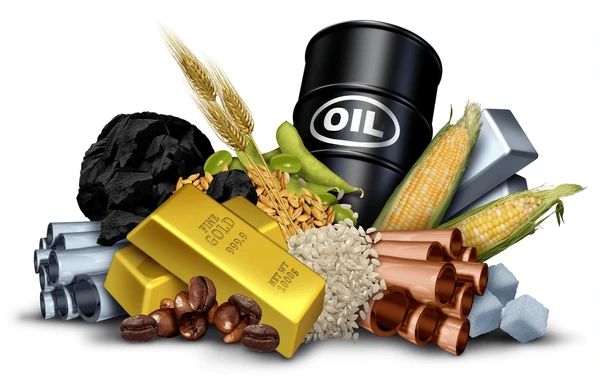


Directory of Pearl suppliers in Kenya
 Calvaire Gold mining limited1 weeks ago
Calvaire Gold mining limited1 weeks ago ProfileBauxite, Cassitrite
ProfileBauxite, Cassitrite Shem Mamboreo1 weeks ago
Shem Mamboreo1 weeks ago ProfileGold, Copper
ProfileGold, Copper FREDERIC GIZENGA2 months ago
FREDERIC GIZENGA2 months ago ProfileBauxite, Galena, Chalcopyrite, Cassitrite, Hematite, Chromite, Coal, Sphalerite
ProfileBauxite, Galena, Chalcopyrite, Cassitrite, Hematite, Chromite, Coal, Sphalerite saber25 months ago
saber25 months ago ProfileTurquoise, Agate, Diamond, Lapis Lazuli, Amber, Topaz, Emerald, Jade, Charoite, Spinel, Chrysocolla, Pearl, Meteorite
ProfileTurquoise, Agate, Diamond, Lapis Lazuli, Amber, Topaz, Emerald, Jade, Charoite, Spinel, Chrysocolla, Pearl, Meteorite



